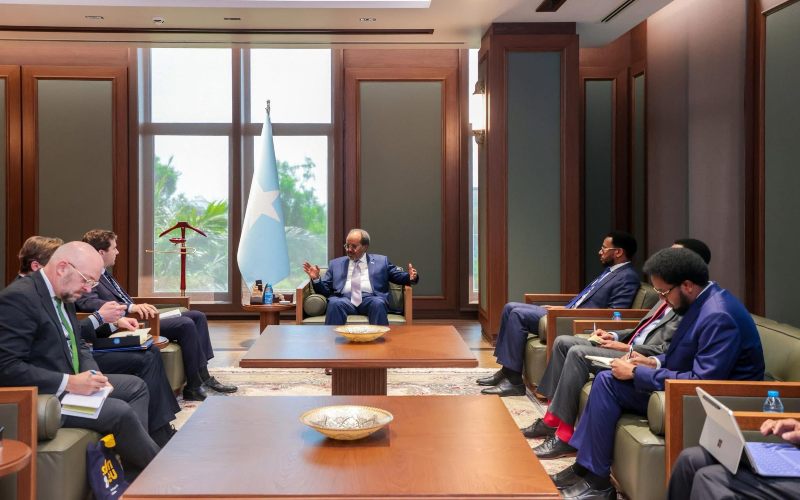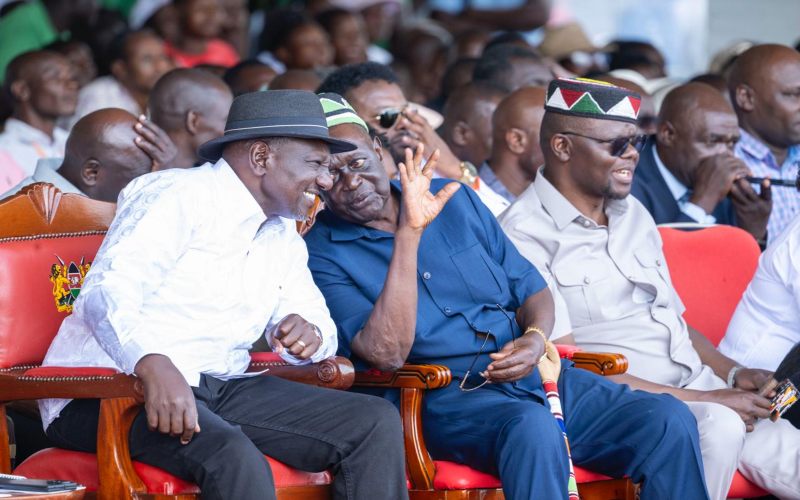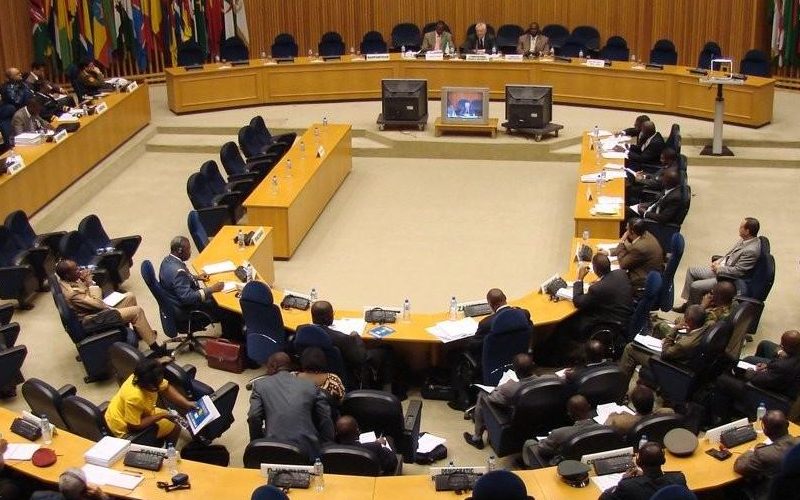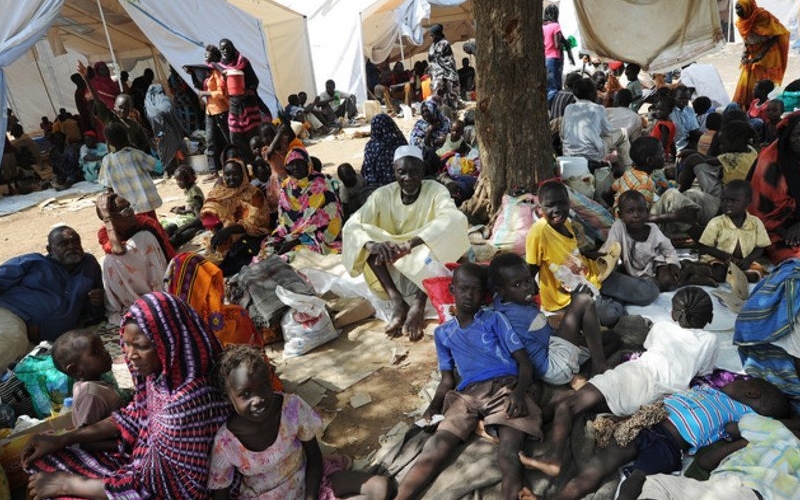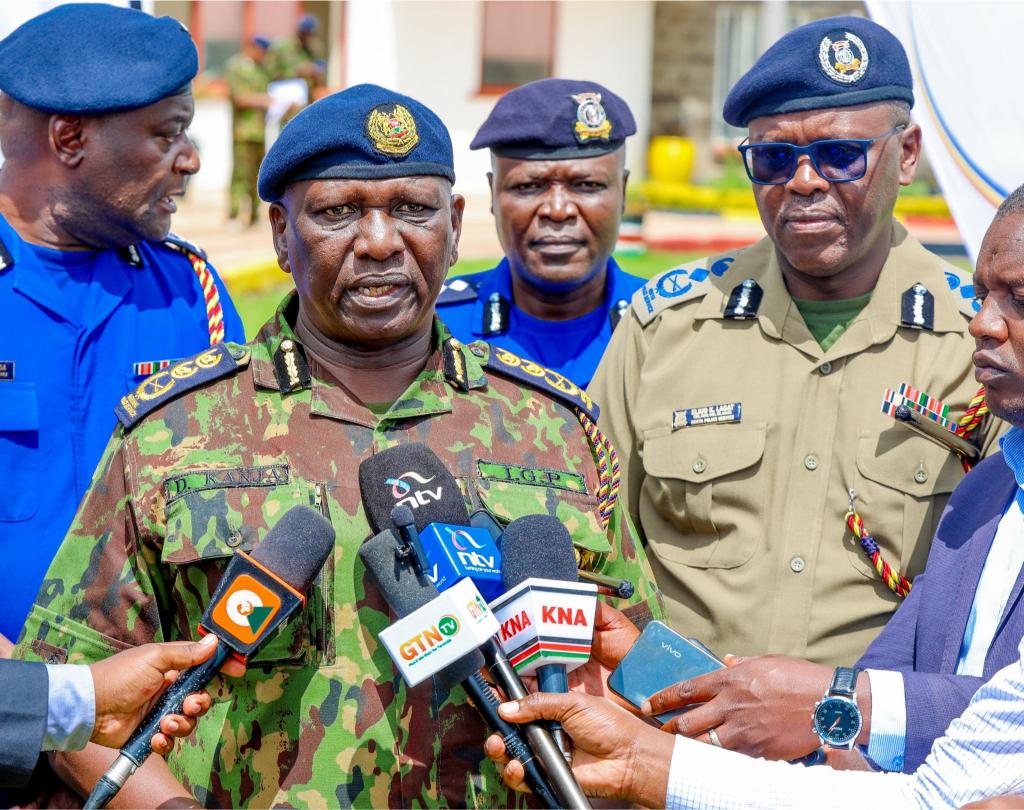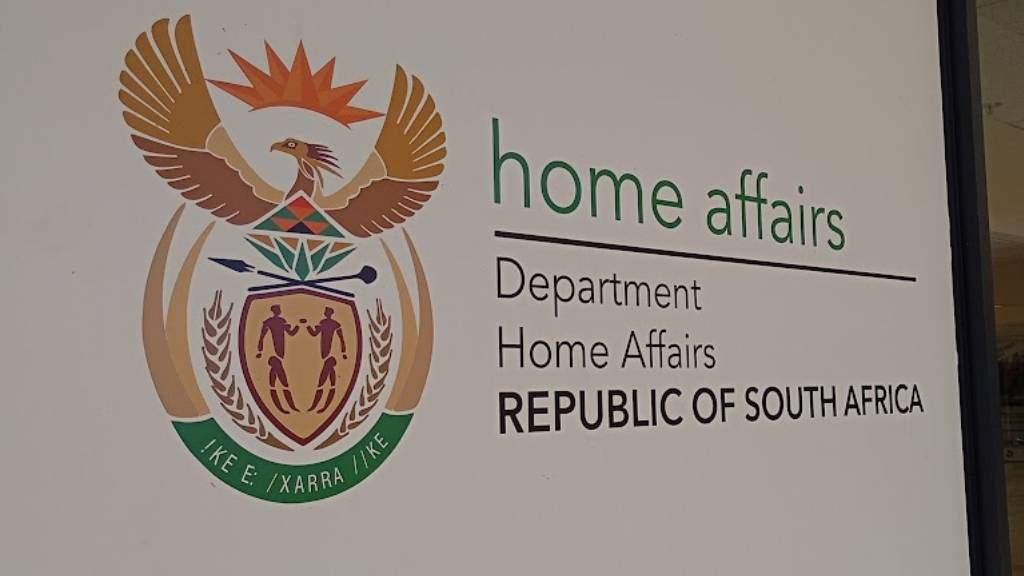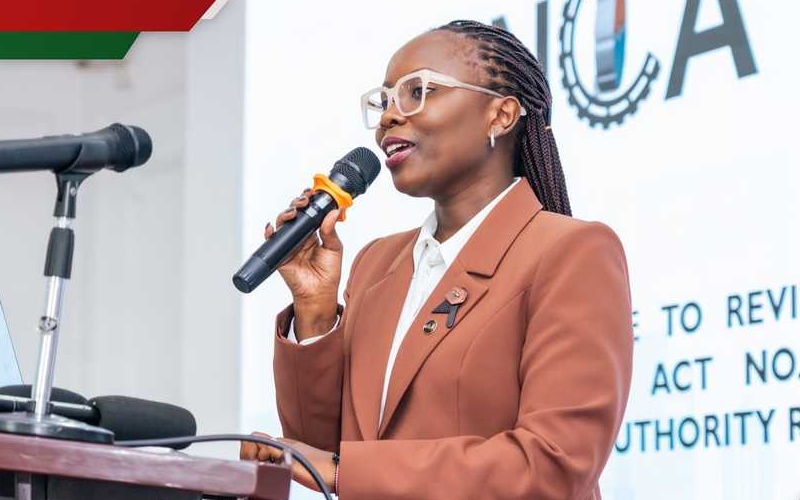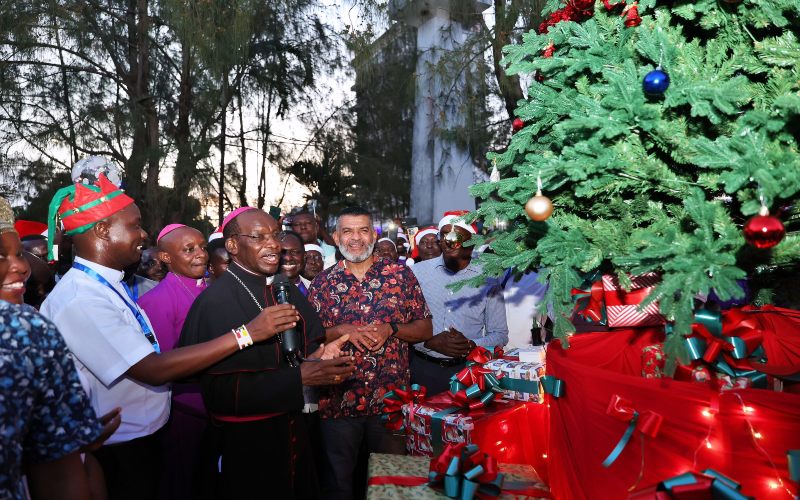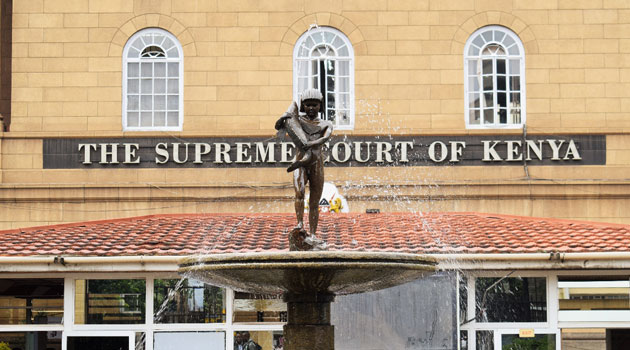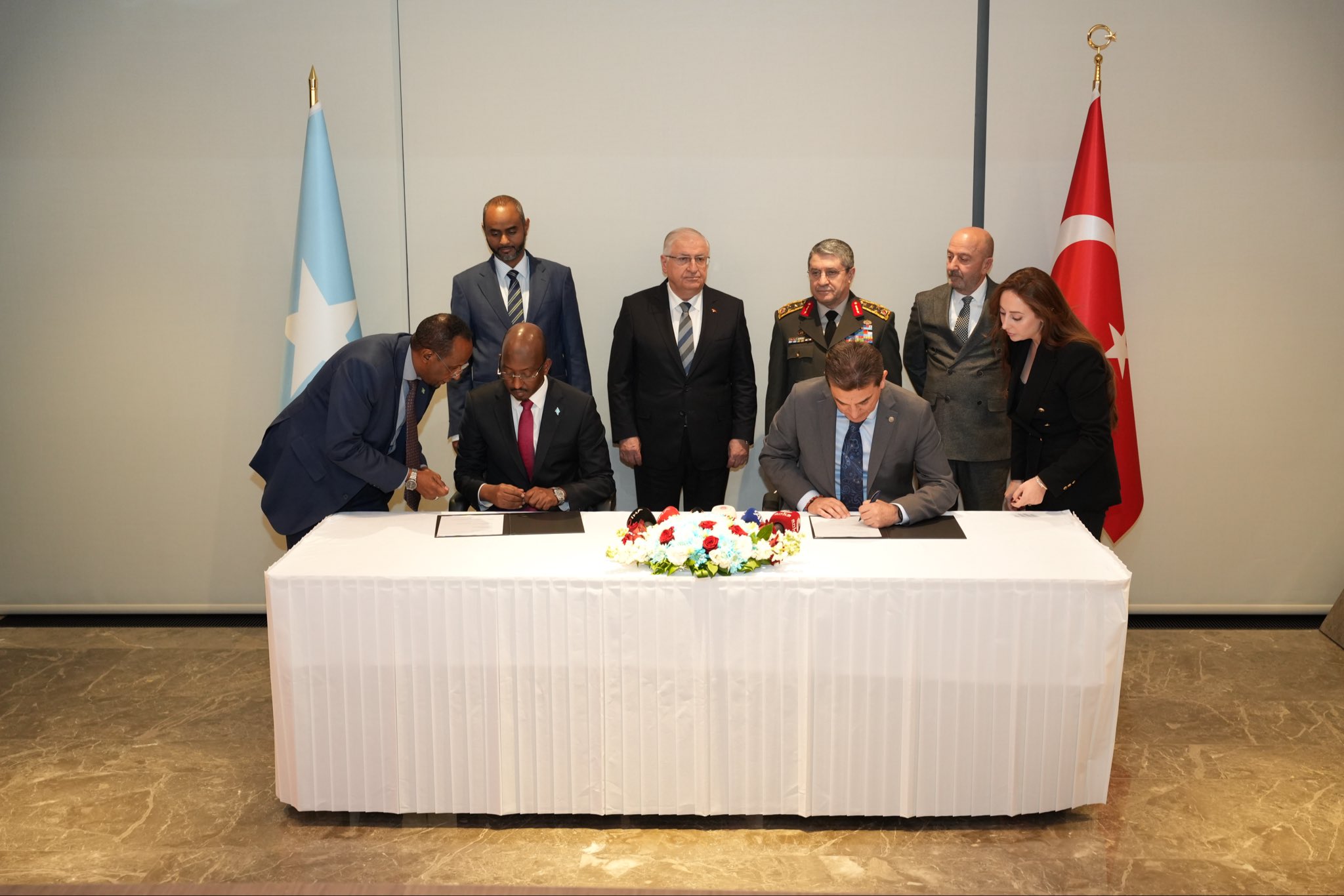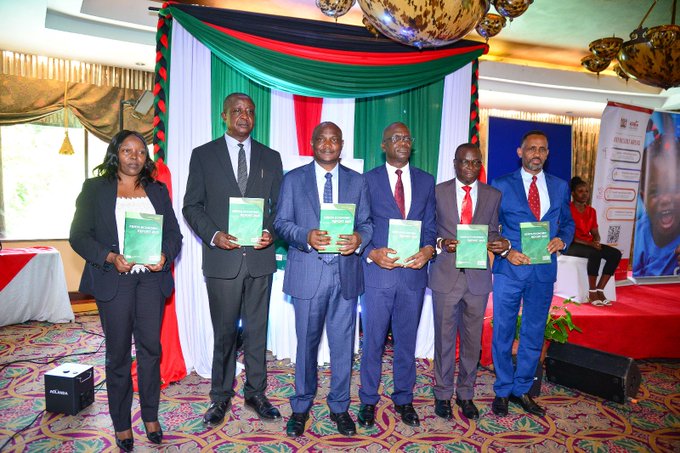Security, elections dominate Somalia's National Consultative Council meeting
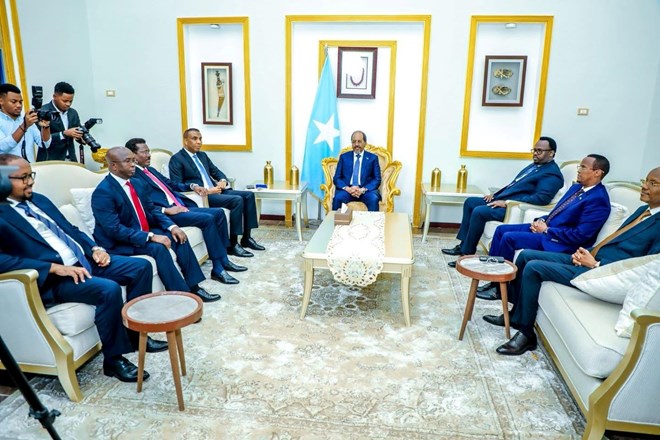
The Council highlighted the need for stronger collaboration between the federal government and regional administrations.
The National Consultative Council (NCC) of Somalia concluded its latest round of meetings in Mogadishu on Wednesday night, issuing a statement that outlined a series of decisions aimed at improving national security coordination and advancing the country’s electoral process.
The meetings, which were held at Villa Somalia under the leadership of President Hassan Sheikh Mohamud, brought together senior leaders, including Prime Minister Hamza Abdi Barre, Deputy Prime Minister Salah Ahmed Jama, and the presidents of Galmudug, Hirshabelle, South West State, SSC-Khaatumo, along with representatives from the Banadir region.
More To Read
- Mogadishu votes after 57 years: Historic district elections mark shift to people’s power
- Somalia orders crackdown on military vehicles after deadly Mogadishu prison attack
- AU welcomes revised electoral framework agreement in Somalia, urges full implementation
- Somali opposition faction strikes electoral deal with President Hassan
- A two-way street: Reversing brain drain in Somalia
- Somalia’s forces enforce door-to-door voter registration in Mogadishu ahead of historic polls
The discussions focused on various national issues, though Puntland and Jubaland did not attend due to ongoing disagreements with the federal government over recent constitutional amendments and elements of the election framework.
In a statement released after the talks, the NCC reaffirmed its full support for the Somali National Army as it continues to engage in operations against extremist groups.
The Council highlighted the need for stronger collaboration between the federal government and regional administrations, emphasising that such coordination is essential to maintaining stability across all parts of the country.
One of the main topics addressed during the meetings was the ongoing voter registration process. The NCC noted that initial registration efforts had already started in Mogadishu and would soon be expanded to the federal member states.
To ensure the process is completed without delays, regional leaders were encouraged to work in partnership with the National Independent Electoral Commission.
In addition to addressing security and electoral matters, the NCC also discussed internal political challenges that have affected federal cohesion. The Council directed the Ministry of Interior to develop a legal framework intended to resolve political disputes in the Jubaland region.
These disputes have created a political impasse that has hindered cooperation between the regional administration and the federal government, impacting the progress of national programs.
However, this did not go well with the leadership of Jubaland, which accused the Federal Government of attempting to interfere in its internal affairs and undermine its leadership.
Jubaland Information Minister Abdifitah Mohamed Mukhtaar dismissed the NCC's final communique, stating it failed to offer meaningful solutions and did not address the political realities in Jubaland.
"The recommendations from the meeting add nothing new and do not change the situation in Jubaland," said Abdifatah.
Another key outcome from the meeting was the formal recognition of SSC-Khaatumo as a federal member state. The Council confirmed its commitment to overseeing the continuation of the state formation process in SSC-Khaatumo, ensuring that the process adheres to Somalia’s provisional constitution.
The absence of Puntland and Jubaland from the discussions was noted, particularly as both states continue to express concern over the direction of constitutional reforms and the structure of future elections. Their continued disagreement with federal authorities remains a significant point of contention within Somalia’s political landscape.
The NCC serves as Somalia’s highest-level intergovernmental coordination body, bringing together federal and state leaders to align policies and strategies on governance, security, and electoral matters. Its regular meetings are viewed as a mechanism to foster dialogue and unify efforts across multiple levels of government.
Top Stories Today
